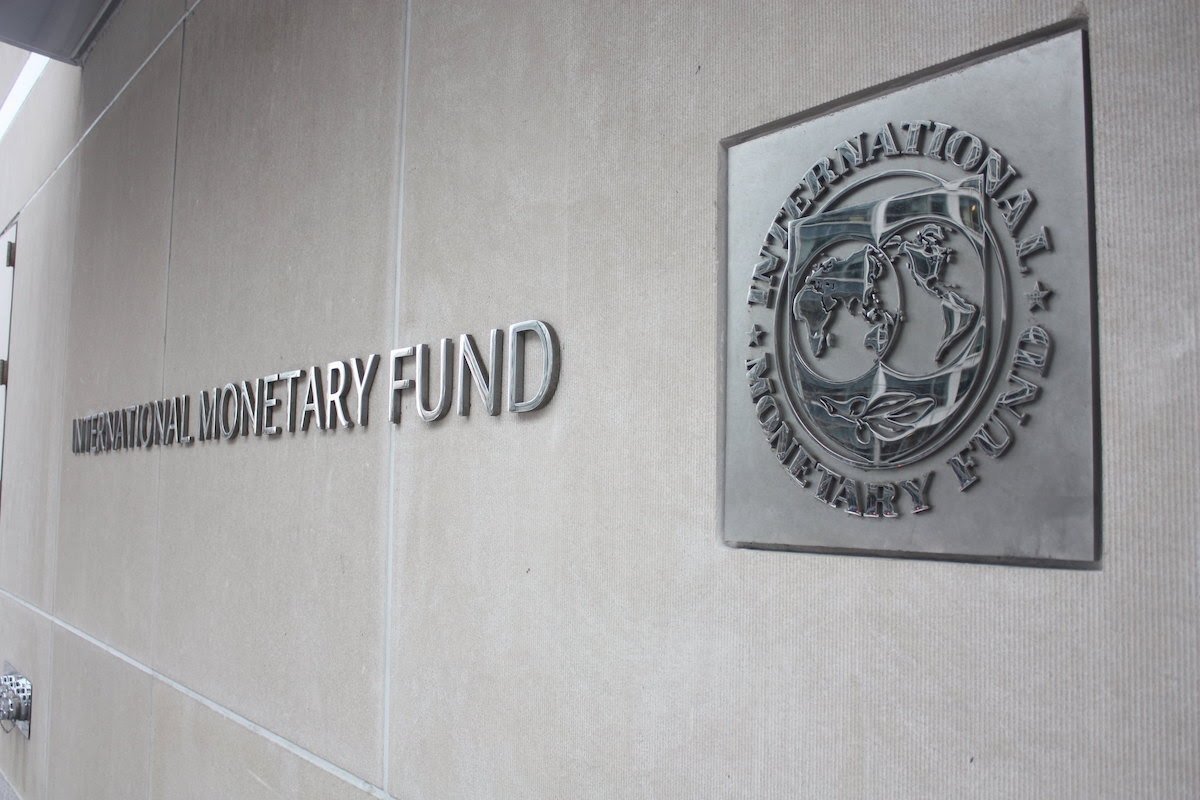The Executive Board of the International Monetary Fund (IMF) has approved an agreement signed with Sudan’s transitional government that will see Sudan obtaining $1.5 billion annually, and its debts estimated at $60 billion dropped.
Deputy Managing Director and Acting Chair of the IMF Antoinette Sayeh commented on the approval, stating: “The authorities (in Sudan) have requested an IMF staff-monitored program to establish a track record on policy and reform implementation, which is a requirement for eventual debt relief vis-a-vis official creditors.”
Meanwhile, the Sudanese Minister of Finance and Economic Planning Heba Muhammad Ali announced: “This approval paves the way for resolving the economic difficulties facing the Sudanese people and reforming the structural distortions left by the previous regime.”
She added: “It would help achieving the stability required to achieve a just and sustainable peace across the country.”
The minister indicated that the necessary reforms: “Will produce tangible benefits for the Sudanese people, the most important of which is exempting Sudan’s debt arrears, as Sudan reaches the decision point of the Heavily Indebted Poor Countries Program (HIPC).”
Reaching this stage, the minister noted: “Will pave the way for exempting Sudan’s debts, allowing Sudan to obtain funding for major development and production projects across the country, such as the Jazira project, the ports of Port Sudan, the railway, the revival of agricultural and livestock wealth, industry, health, education and infrastructure.”
The more than $1.5 billion annually in direct development, the minister added, will allow Sudan to stimulate investment and revive the economy to create job opportunities for young men and women, while increasing revenues and exports.
IMF APPROVES DEAL WITH SUDAN OF $1.5 BILLION ANNUALLY
The Executive Board of the International Monetary Fund (IMF) has approved an agreement signed with Sudan’s transitional government that will see Sudan obtaining $1.5 billion annually, and its debts estimated at $60 billion dropped.
Deputy Managing Director and Acting Chair of the IMF Antoinette Sayeh commented on the approval, stating: “The authorities (in Sudan) have requested an IMF staff-monitored program to establish a track record on policy and reform implementation, which is a requirement for eventual debt relief vis-a-vis official creditors.”
Meanwhile, the Sudanese Minister of Finance and Economic Planning Heba Muhammad Ali announced: “This approval paves the way for resolving the economic difficulties facing the Sudanese people and reforming the structural distortions left by the previous regime.”
She added: “It would help achieving the stability required to achieve a just and sustainable peace across the country.”
The minister indicated that the necessary reforms: “Will produce tangible benefits for the Sudanese people, the most important of which is exempting Sudan’s debt arrears, as Sudan reaches the decision point of the Heavily Indebted Poor Countries Program (HIPC).”
Reaching this stage, the minister noted: “Will pave the way for exempting Sudan’s debts, allowing Sudan to obtain funding for major development and production projects across the country, such as the Jazira project, the ports of Port Sudan, the railway, the revival of agricultural and livestock wealth, industry, health, education and infrastructure.”
The more than $1.5 billion annually in direct development, the minister added, will allow Sudan to stimulate investment and revive the economy to create job opportunities for young men and women, while increasing revenues and exports.








